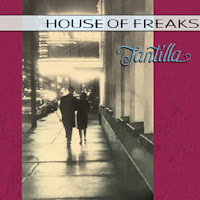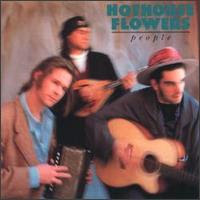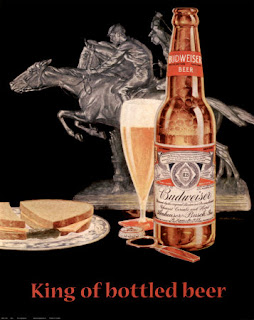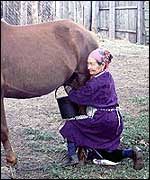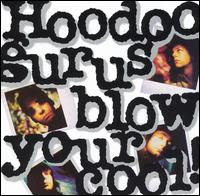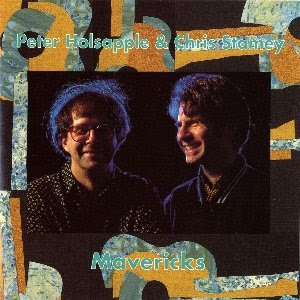
Album: Hüsker Dü, The Living End, 1994
Best Track: "Sheena Is a Punk Rocker"
Lasting Memory: Hüsker Dü's The Living End is the last prerecorded audio cassette I ever purchased. This bit of autobiographic minutia coincidences nicely with the biographic fact that The Living End is Hüsker Dü's final album. It was released seven years after the band disbanded, and it documents the final month of their final tour. That's a lot of lasts.
I bought The Living End because it seemed to me that I had a huge hole in my music collection. Ask just about any alternative band who released an album between 1982 and today to list their influences, and Hüsker Dü is likely to be mentioned sooner rather than later. I figured I had to hear for myself what was so special about these three guys from Minneapolis.
To be honest, I don't hear the specialness. Songs like "Friend, You've Got to Fall" definitely rock. And others like "Celebrated Summer" even roll. There's humor enough to be found in a "Books About UFOs," and I suppose I can wrap my mind around how some folks could interpret "New Day Rising" as being anthemic, but I would never go so far as to describe listening to Hüsker Dü as inspiring, transformational, or even consistently enjoyable. The melodies are too discordant for my tastes, and I know that if I were a musician, I wouldn't want to sound like Hüsker Dü.
I'm sure I'm missing something, and I readily admit that my personal taste doesn't dictate whether a band is great or not. And, certainly, if 99 out of 100 actual musicians say Hüsker Dü is seminal, they're seminal.
I will offer in defense of my position only this: The best song on The Living End is Hüsker Dü's show-closing encore cover of the Ramones' "Sheena I a Punk Rocker." The reason the Ramones were so great is that they were playing pop songs. Those songs came out fast and sloppy because the Ramones were not especially talented or imaginative musicians. The reason Hüsker Dü is an acquired taste is because they were very self-consciously not playing pop songs. They set out to play music best characterized as "loud fast rules." The phrase was coined by somebody to describe most of the Minneapolis college rock scene in the early and mid-1980s -- a scene that gave also gave rise to The Replacements (who didn't really play all that fast) and to Soul Asylum. What happens when a band sets out to record a punk song is that they consider exercising the craft of "playing something nice" to be counterproductive.
It may well be that, as diehard Hüsker Dü fans claim, lead guitarist and singer Bob Mould was playing the most amazing arpeggios and filigrees under all that distortion and that vocalist/drummer Grant Hart was laying down the most impressive fills this side of Gene Krupa. But what can that matter if the listener can't actually hear any of that?*
After Hüsker Dü broke up, Bob Mould went on to have a stellar decade as a solo artist and as the driving force behind the band Sugar. The key to his success was that he turned down the fuzztones and let his songcraft be audible.
Of course, I could be wrong.
Up Next: Indigo Girls, Indigo Girls, 1989
* Hüsker Dü's bassist was Greg Norton. He may have been great, too.


